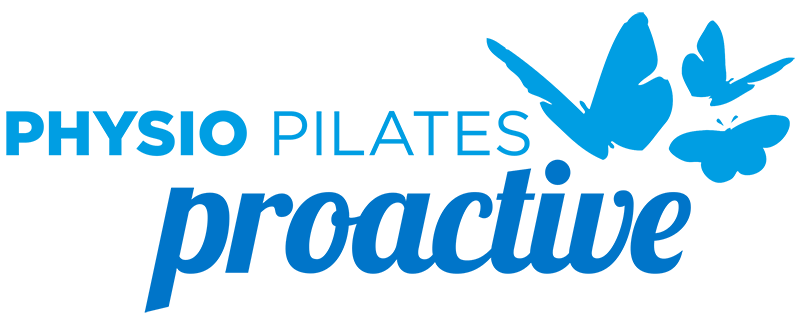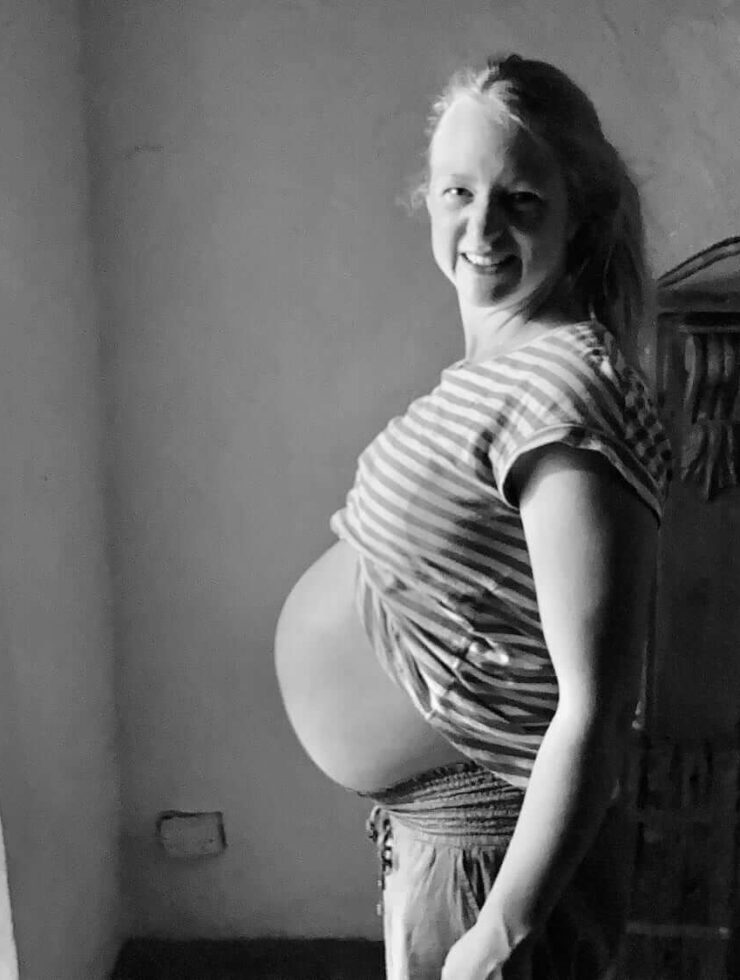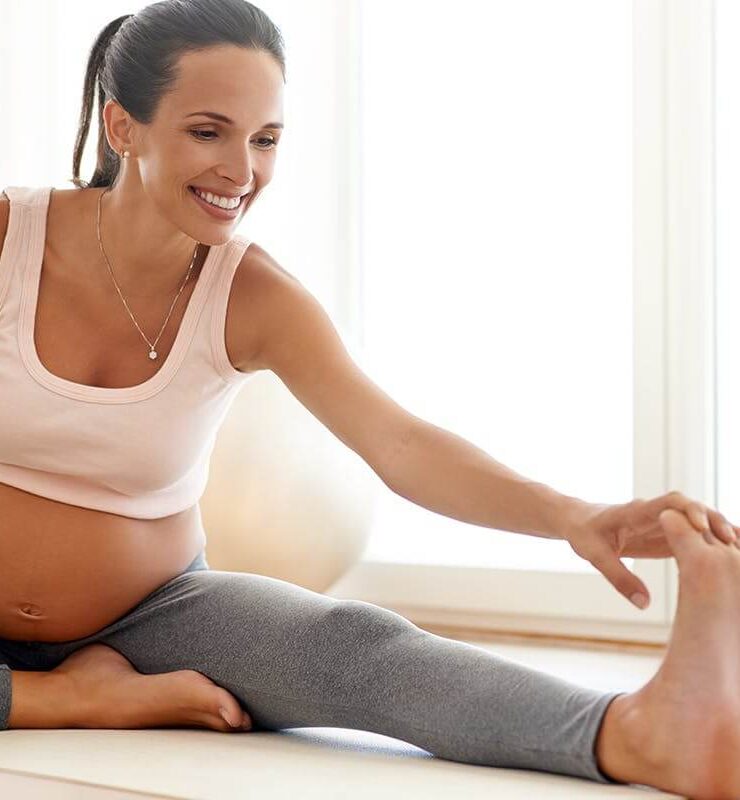Pregnancy is a very exciting but potentially taxing time on your body. However, it is important to remain active and maintain strength through the core and pelvic floor. It is a good idea to check with your health care provider before commencing an exercise program if you are pregnant.
There are many benefits of exercise during pregnancy including
- Reduce leg cramp
- Reduce back pain
- Reduce incidence of constipation and swelling
- Improve sleep patterns
- Reduced pain perception
- Reduced neuromuscular tension
It is important to exercise within pain limits and only at a level that induces mild breathlessness. You do not want to overheat or get dehydrated- it is not a time to push yourself but rather a time to maintain movement and cardiovascular endurance as best as your body allows.
Ideal exercises during pregnancy may be (if you don’t have any complications):
- Pilates with modifications
- Walking
- Low impact weight training
- Water aerobics
- Swimming
Seeking advice from your physiotherapist for appropriate modifications is a good idea to make sure that you are not putting unnecessary strain on your abdominals or pelvic floor (which are already under a lot of load) and can easily be weakened by certain loaded abdominal exercises such as curl ups or plank work.
There are some exercises that are best avoided during pregnancy:
- Heavy weights/deep wide squats
- Bouncing such as star jumps, burpees, jump squats etc
- Contact sports
- Any activity that causes pain
- Excessive twisting or turning exercises
- Asymmetrical weight bearing activities such as lots of lunges or standing on one leg for extended periods of time as this can put stress on your pelvis.
Remember that pain or excessive shortness of breath should not be felt at any time. If you experience any dizziness, faintness, headaches, blurred vision, nausea or vomiting, numbness, pins and needles, vaginal bleeding, fluid leakage or contractions you should seek advice from your doctor immediately.
Caitlin




